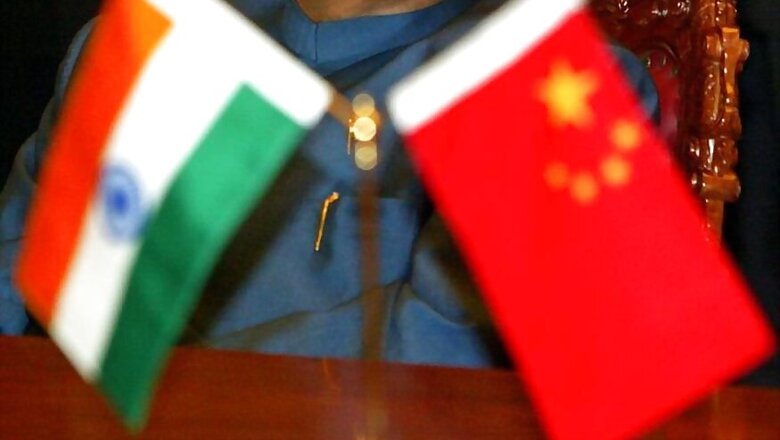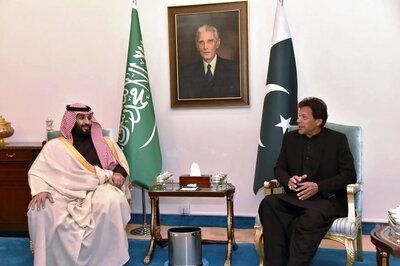
views
New Delhi: An article in a state-controlled daily in China has said that the year 2017 is doomed to be a special year in India-China relations’ history and that the Doklam standoff pushed the two Asian powers to the brink of war, becoming the biggest crisis between them in 55 years.
“Bilateral ties have been blighted by three major strategic contradictions: the border issue, the Tibet issue and India’s reckoning that China-Pakistan friendship poses a threat. However, it is unlikely that the three interwoven conundrums will be solved in the near future; control and management are the only way out,” an article in Global Times read.
The article further said the Doklam standoff might be a historical turning point in Sino-Indian history, “as it drew the attention of the Chinese government and people to India. where is the bilateral military relationship headed in 2018 and beyond?”. The article further said that from an optimistic perspective, “the standoff will prompt the two countries to deepen strategic communication and control disputes to usher them in a new era of development. But looking through blue glasses, the confrontation has fully exposed all contradictions between the two neighbours and only urged them to maintain sharper vigilance against each other,” the article read.
The article also said that the existing problems were made worse with new ones propping up, including India’s push for a membership in the Nuclear Suppliers Group, the issue over putting Pakistan-based Jaish-e-Mohammed chief Masood Azhar on the 1267 sanctions list.
The article came just days after Chinese foreign minister Wang Yi said that the Doklam standoff had put a lot of strain on Sino-India ties. The article also brings forth India’s resistance to China’s ambitious One Belt One Road initiative. “The Indian government has been very negative about the Belt Road initiative. It refused to send delegates to the Belt and Road Forum for International Cooperation in Beijing in May and attacked the initiative for generating a huge debt burden for some South Asian nations,” the article said.




















Comments
0 comment